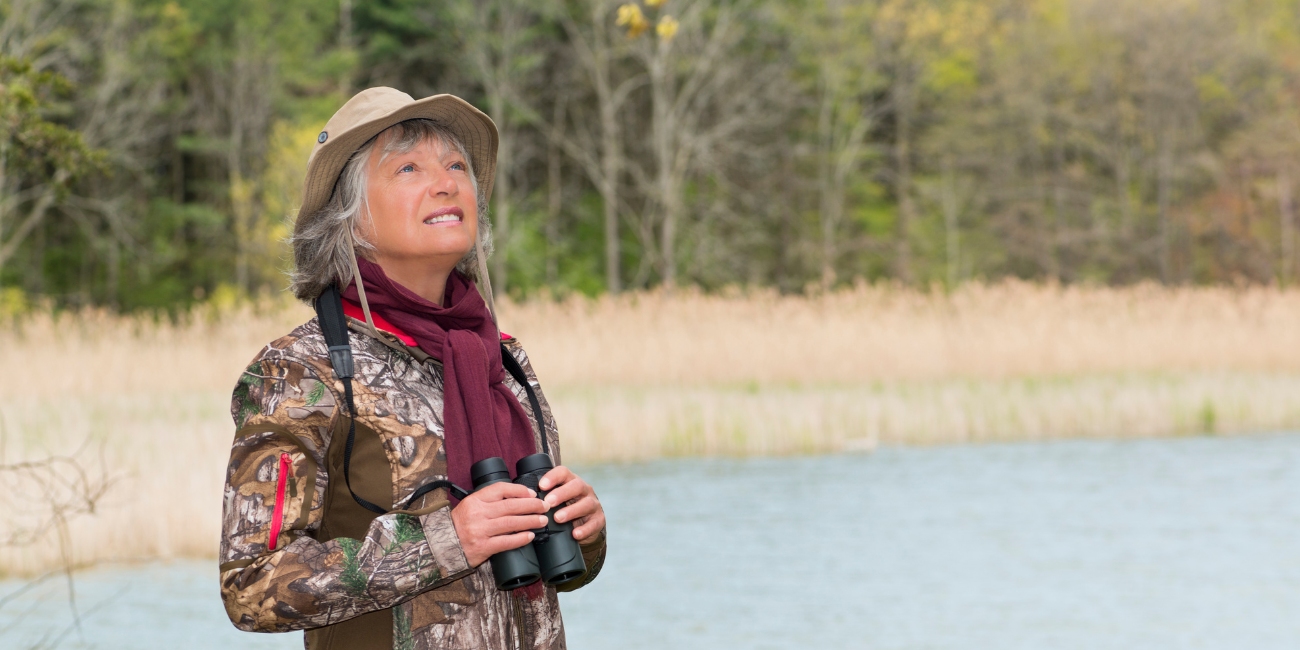"Bird flu," or avian influenza, is a disease caused by a virus that mainly infects domestic poultry (ie. chicken, quail, turkey) and wild birds such as geese, ducks and shore birds.
Risk level
Each year there is a bird flu season, and some forms of the bird flu are worse than others.
A serious strain of bird flu, HPAI H5N1, does not easily spread from birds to humans, and the current strain has been listed as lower-than-normal concern for spread to people. However, this strain has been known to kill both wild birds and commercial poultry.
Recent developments
In March 2022, the HPAI H5N1 virus was detected in Ontario in wild and commercial poultry. This same strain of the virus has also been found in many areas across the world, including other Canadian provinces and American states. The spread has been primarily attributed to the migration of infected water-based birds.
How to prevent getting the bird flu
- Stay away from wild birds.
- Avoid unprotected contact with domestic birds that look to be sick or have died.
- Avoid contact with surfaces that look to be contaminated with feces from wild or domestic birds.
- Wash hands thoroughly with soap and water immediately after unavoidable contact with birds or their droppings.
- Practice safe food handling cooking practices for poultry and eggs.
- Report sick or dead wild birds that are on municipal property to your local municipality and on the Canadian Wildlife Health Cooperative online reporting tool.
- Stay off all bodies of water due to unsafe water conditions; do not attempt to rescue birds in distress.
Signs of avian flu in birds
- Lack of energy or movement
- Nervousness, tremors or lack of coordination
- Swelling around the head, neck and eyes
- Coughing, gasping for air or sneezing
- Diarrhea
- Sudden death

See a sick or dead bird?
Report it online using the Canadian Wildlife Health Cooperative reporting tool.
To report a bird over the phone, call
1-866-673-4781.
Frequently Asked Questions
What should I do if I find dead birds on private property? |
|
Check with your local municipality for approved methods of disposing of dead birds. Large numbers of dead wild birds should be managed as instructed by the Canadian Wildlife Health Cooperative.
If your municipality allows, you may bury or double-bag dead birds and place in garbage for your regular garbage pick-up. When handling dead birds:
|
What should I do if I find dead birds on municipal property? |
|
Contact the municipality and they will arrange to pick it up. |
How can I keep my pets safe from the bird flu? |
|
I feed wild birds in my backyard. Any recommendations? |
|
How can I protect domestic and captive birds? |
|
Are poultry and eggs safe to eat? |
|
Who conducts wild bird surveillance? |
|
Wild bird surveillance is conducted through a collaboration between:
|
Who is monitoring potential positive cases in birds at poultry farms/agricultural environments? |
|
The Ontario Ministry of Agriculture, Food and Rural Affairs (OMAFRA) and the Canadian Food Inspection Agency (CFIA) are the lead agencies for tracing cases in birds on farms or in other facilities that process poultry. |
How do I protect myself while being active outside? |
|
Always stay away from wild animals. Reduce your risk by:
|
How do I protect myself while working outside or working with birds? |
|
For humans, there is a very low risk of catching the bird flu, although working with wildlife and within their habitat may increase your exposure. Speak with your employer to discuss how you can reduce your risk or avian flu. Additional occupational resources:
|
Adapted from Durham Region Health Department.


